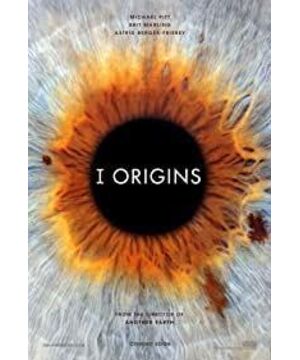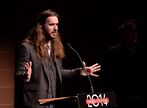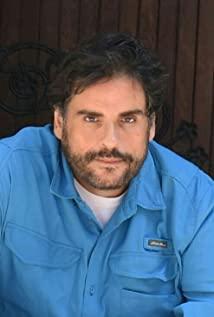The religion represented by Sufis, however, rejects cloning, letting go of the past and believing in the future. The film may want to say that the religion represented by Sophie and the science represented by the male protagonist are actually blended. (It's just that sometimes the male protagonist refuses to be conquered by emotion. After all, people are material.)
Even if Sophie is gone, her belief can be confirmed, and the easter egg proves this most directly. (At the same time, the easter egg also shows the evil side of science.) The
origin should not be explained from the perspective of biology. It is just that people are more likely to accept the concrete scientific language, and they are more inclined to science. In this film, religion does not deceive, it is as pure and beautiful as Sufi, not thinking about the past, not worrying about the future, but not being recognized is fragile; science surrenders to reason, but science cannot explain everything, after all, science cannot be perfect Rigorous (as he said in the laboratory, who has studied all organs, no need)
and finally for his children (children symbolize the soul and essence, not matter), the male protagonist still can't refuse his heart He was moved, and he understood that the fact that the experiment could not be confirmed does not mean that he did not know the answer, and returned to his sensibility.
View more about I Origins reviews











